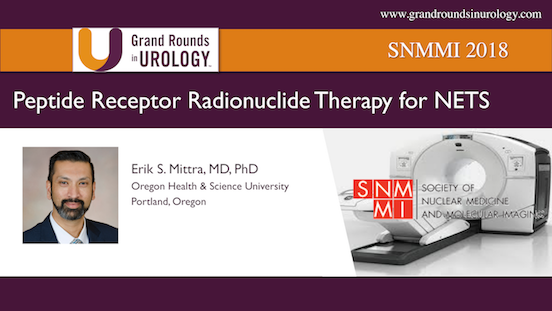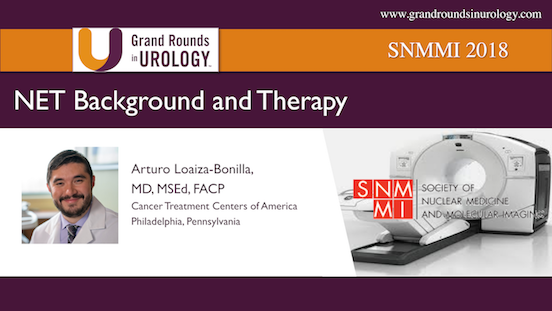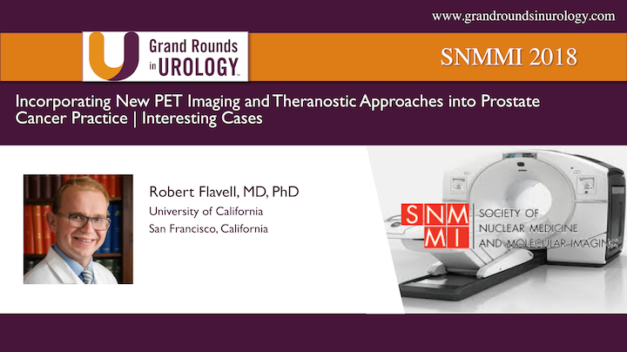Neuroendocrine Tumors | Not so Rare?
Josh Mailman, MBA, the president of NorCal CarciNET, discusses the management of neuroendocrine tumors (NETs) through a patient’s perspective. He reports on overall patients’ attitudes toward Gallium Ga 68-DOTATATE imaging and the newly-approved Lutetium Lu 177 Dotatate therapy, as well as advocacy in the NETs patient community.
Read More




